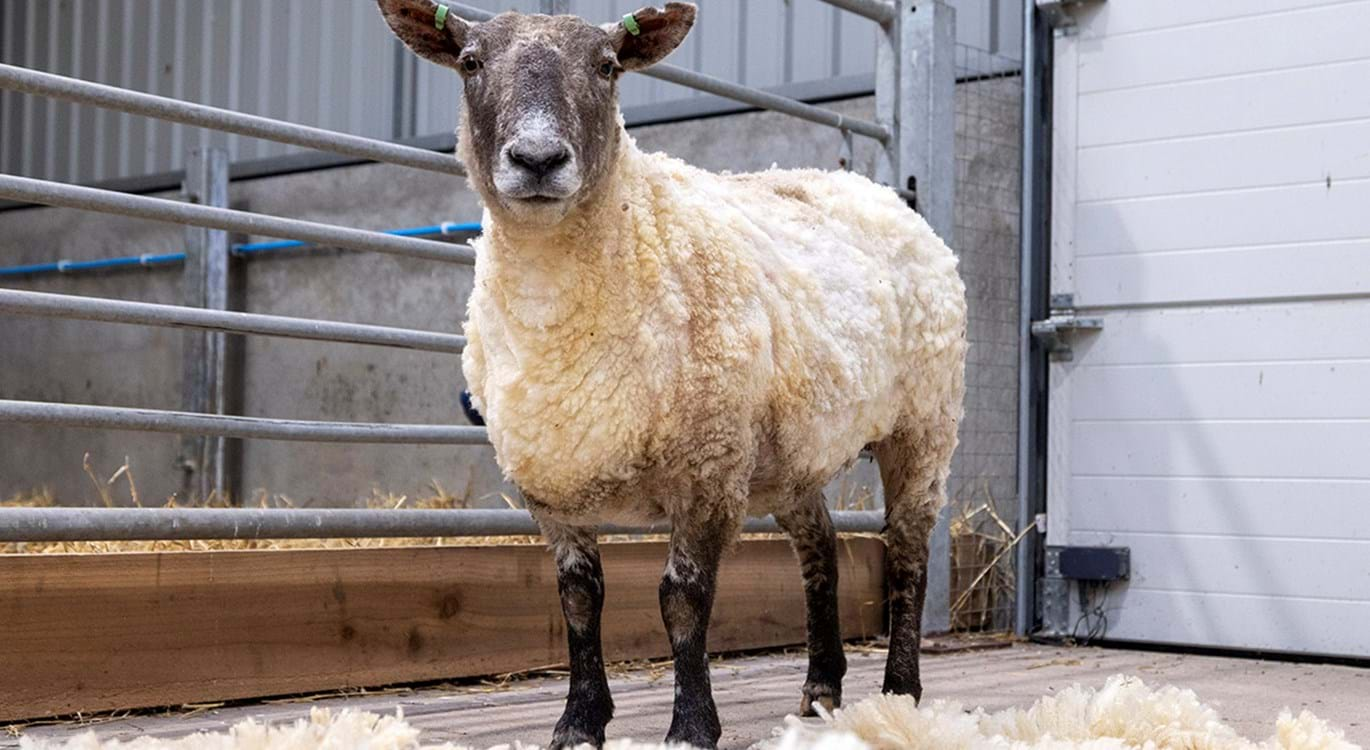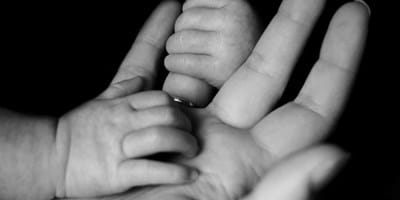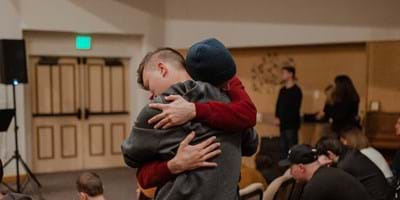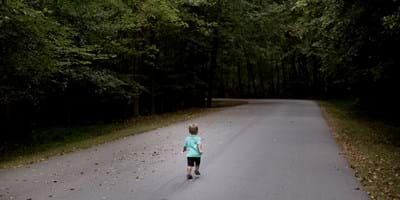First spotted more than two years ago by Jillian Turner, a sea kayaker, Fiona had been stuck alone on the beach at the bottom of a steep cliff, unable to return to the pastures above. No one is quite sure when or how the ewe made her way onto the beach, but her plaintive bleating played on the mind of the paddling animal-lover who was horrified to see her still standing forlornly on the same spot a year after her first sighting. According to Ms Turner, the sheep saw them coming and was calling to them along the length of the beach, jumping from rock to rock following their progress, until she could go no further, and she finally turned back, looking defeated.
Initially, there was no interest from the landowner to attempt the difficult and dangerous retrieval, and even the SPCA were not willing to take the risks associated with a rescue bid, having decided that Fiona was not in imminent danger. After a bit of publicity and resulting pressure, the landowner and a group of YouTube and TV celebrity agricultural types took on the monumental task and safely delivered her to the top of the cliffs with heavy lifting equipment. After a check-up and a haircut she is off to a petting zoo to live out the rest of her life with a lot more company.
This heart-warming tale reminds me of the condition of humanity and the rescue plan God has undertaken. Just as Fiona was lost and helpless, the Bible describes all of humankind in these terms: “All we like sheep have gone astray; we have turned, every one, to his own way” (Isaiah 53:6). This analogy with a lost sheep would have been well understood by the shepherds of the Middle East, and there are many passages in the Bible on this theme. The Bible teaches that each of us as individuals have lost our way.
Rebellion against our gracious Creator and host on this earth has led us onto a dangerous path. We have strayed from the pattern of righteous living set out by God in the Bible, and from the inner promptings of our God-given consciences. As a result of this we find ourselves lost and separated from God by our sins. Like the helpless sheep stuck on the rocky beach, we are incapable of finding our way back on our own. We cannot make ourselves right with God through good works, prayers, church attendance or any other religious activity. We need someone to rescue us from our lost condition and the mortal danger of death and everlasting punishment that results from our sin.
Thankfully, the Bible not only describes the lostness of the sheep, but also the love of the shepherd. In Luke chapter 15, the Lord Jesus Christ tells the story of a shepherd who came up one short as he counted his flock back into the safety of the sheepfold at sunset. He had lost one of his one hundred sheep! Unwilling to lose even one of his sheep, which knew his voice and which he had guided on many occasions to green pastures and still waters, he left the ninety-nine in the wilderness to embark on a rescue mission to retrieve the wayward sheep that was lost.
In this story, Christ was illustrating for us the love that He has for every human being. The Bible tells us that “The Father [God] sent the Son to be the Saviour of the world” (1 John 4:14 KJV) and that, leaving the comfort of heaven, “Christ Jesus came into the world to save sinners” (1 Timothy 1:15).
Just as the shepherd in the story would have searched high and low, night and day, in mountain and valley, in fair weather and foul, until he found the sheep that was lost so, too, Jesus came “to seek and to save that which was lost” (Luke 19:10). He would not rest until He had made all the necessary provision for the rescue of the “lost sheep”. He said: “I am the good shepherd, the good shepherd gives His life for the sheep” (John 10:11). This statement was pointing forward to the cross, where the Lord Jesus would give Himself as a substitute and sacrifice for sin, satisfying the righteous justice of God, and making it possible for a holy God to welcome rebellious lost sheep back into the “fold”. The historically attested bodily resurrection of Jesus Christ is proof that His sacrifice was accepted, and that the way back to God has been made possible. For each of us, confession of sin leads to forgiveness, eternal life and the promise of a home in heaven.
When the shepherd found the missing sheep, he picked her up, placed her on his shoulders, and carried her all the way home, gathering his neighbours together and saying, “Rejoice with me, for I have found my sheep which was lost” (Luke 15:6). In a similar way there is “joy in heaven over one sinner who repents” (v.7). Will you acknowledge today that you are one of Christ’s lost sheep, repent and turn from your sin, trusting Him as your Saviour and bringing joy to the Good Shepherd in heaven that one of His lost ones has now been found?





























